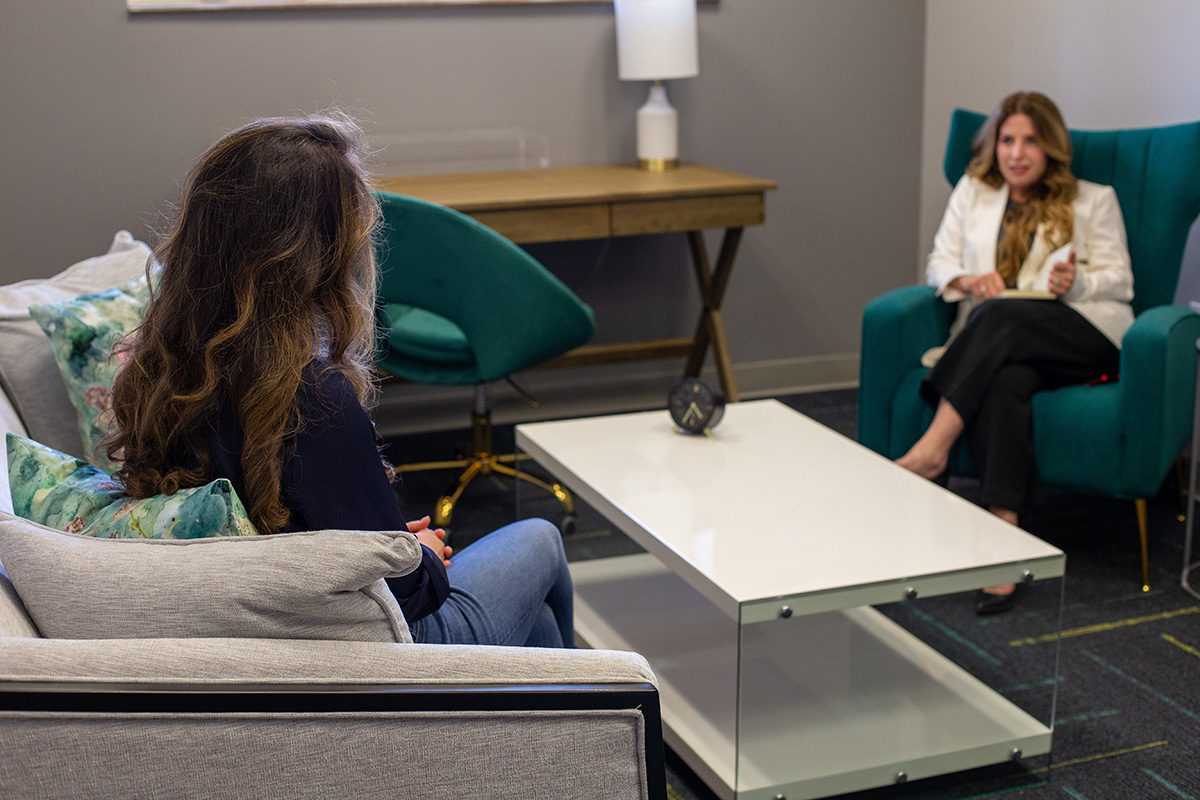Whether you’ve lost a parent, child, spouse, friend, or beloved pet, all grief has one thing in common: it hurts, and it often feels unbearable, it may feel like you will not be able breath.
It is not uncommon to develop depression, anxiety, or other mental illnesses (such as dissociations), or you may feel that while your friends and family are supportive, they can’t truly understand your pain.
You may also feel that the support you once received from those around you, while helpful at the time, it begins to fade, and your left alone with your grief.
Whatever your grief looks like, our trained therapists here at Evolve Therapy Group are here to help you navigate and overcome this difficult chapter.
One of the most common questions asked by bereaved clients is, “Am I always going to feel this pain? Will it hurt this much forever?
In our experience, grief is not a linear process and there is no specific timeline for overcoming it. It will look different for Everyone.
Some days you may feel better than others, and some days you feel the pain and loss all over again.
What’s important is that you are moving through the process at a pace that feels comfortable for you and honoring your own needs, limitations, and feelings as you do.
Here at Evolve Therapy Group we will be here for you for as long as you need the support and we’ll help you find peace and acceptance as you face your loss.
STAGES OF GRIEF
While grief is not linear and everyone experiences it differently, psychiatrist Elisabeth Kubler-Ross identified several common stages people experience after a major loss: Denial, Anger, Bargaining, Depression, and Acceptance.
Do You Need Therapy for Grief and Loss?
While grief is a common emotional response to loss, sometimes it can get in the way of carrying on with your life. When that happens, what once was healthy grief turns into unhealthy or dysfunctional grief.
Some common signs of unhealthy grief include:
- Avoiding reminders or confronting the loss
• Experiencing pain that prevents you from working, studying, or playing
• Having trouble eating, sleeping, or taking care of yourself
• Feeling or expressing anger and irritability
• Suffering from guilt or shame connected to the loss
No one should go through this alone. And you certainly don’t have to. Our team of compassionate therapists is here to help you find ways to address unhealthy grief and start living your life again.
How Can Therapy for Grief and Loss Help You?
Therapy for grief and loss is not about fixing a problem or erasing the pain. It’s about allowing yourself to address and explore grief in a healthy way so you can enjoy a meaningful life.
Therapy for grief and loss will provide you with:
Emotional Support
Therapy is your refuge for emotional support and care. You can count on your therapist to help you handle an anticipated, current, or past loss and to support you along your grief journey as you carry these difficult feelings.
A Safe Space to Process
Therapy offers a private and judgment-free space to process and reflect on your loss. This haven allows you to share your thoughts and emotions at your own pace, feel seen and validated, and gain new insights about yourself.
Strategies to Cope and Grieve
Your therapist will show you healthy coping and grieving mechanisms to deal with loss, tailored to your unique needs. The goal is to lay a foundation of self-care that you can continue to build upon as you progress on your healing path.

